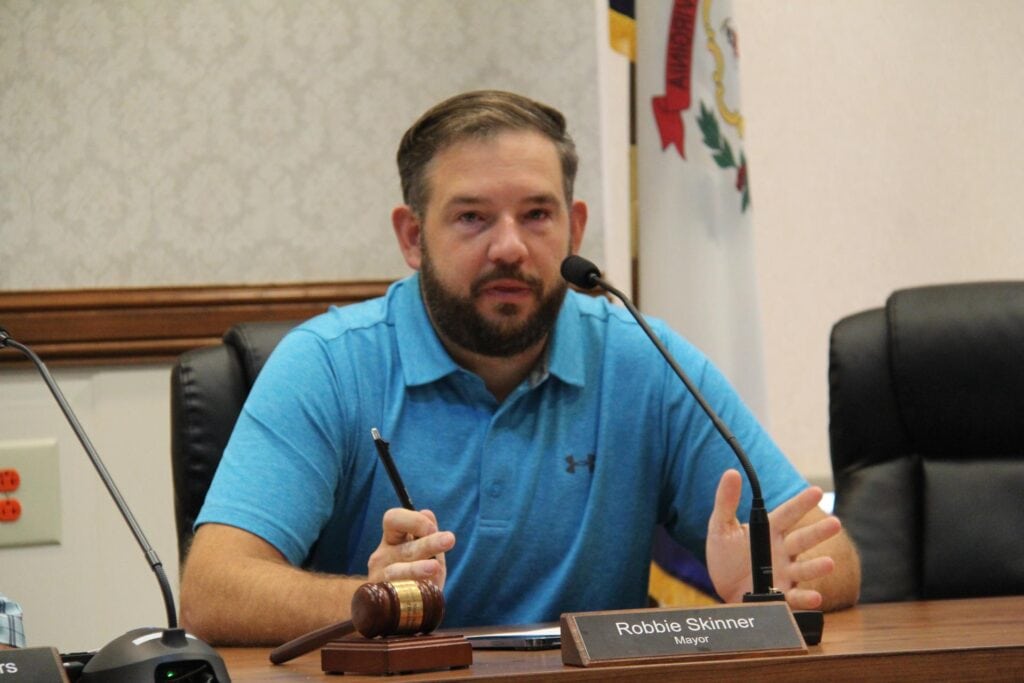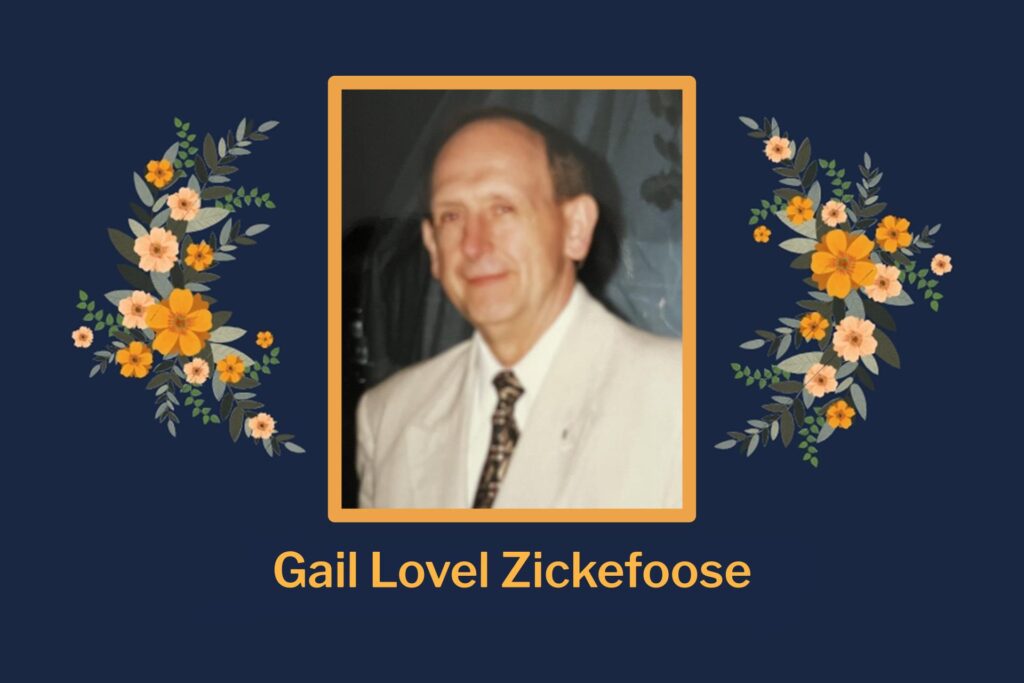BUCKHANNON – Do you know what JUULs are or much about the health dangers they pose?
The Upshur County Commission learned about them when they recognized February as E-Cigarette/JUULing Awareness Month in Upshur County at Thursday’s meeting.
JUUL is a brand of electronic cigarettes that uses nicotine salts that exist in leaf-based tobacco for its main ingredient.
Barbara Crawford Tucker, the Region 7 Adolescent Health initiative Coordinator and Lori Ulderich Harvey, executive director of the Upshur County Family Resource Network, told the commission more about e-cigarettes and JUULs.
“The Surgeon General has declared an epidemic in the United States with our teenagers and that’s the practice of vaping and JUUL,” Crawford Tucker said.
Crawford said JUUL and e-cigarettes are marketed as a product that helps adults quit smoking.
“What we’re finding in adolescents is that they are using it as an actual nicotine supply in the state of West Virginia, unfortunately,” Tucker said.
She said the tobacco industry spends $227.4 million a year in advertising and the state of West Virginia has no funding for tobacco prevention and while JUUL and e-cigarettes are meant for adults, certain advertising is geared toward a younger audience.
“The marketing campaign that JUUL has done toward teens is incredible,” Tucker said.
She said there are thousands e-cigarette flavors available, like apple juice, cotton candy and fruit rollup.
Harvey said companies sell accessories to decorate e-cigarettes and JUULs similar to a cellphone and schools have to confiscate them constantly.
“I talked to Eddie Vincent last week, the principal of the high school, and he said they’re taking four to six of these a day and they’re not just the JUULs there, the vapes and every other brand of e-cigarette too,” she said.
Tucker said an average JUUL costs about $50 and while the amount of nicotine that comes in the pods for e-cigarettes has been limited to 1.4 or 1.2, in the United States it can be 5 percent nicotine.
“One pod in this e-cigarette is equivalent to a pack of cigarettes,” Tucker said. “I had a parent tell me the other day that their son goes through four of these pods a day.”
Harvey said when parents come to pick up their child from school, they will go to the office and help them get their e-cigarette back.
“What Eddie Vincent was telling me was parents will come in and say, ‘look here it is,’ and give them back to their children because they’re expensive and they think they won’t hurt anything,” Harvey explained.
Tucker said she wanted to make it clear that e-cigarettes are harmful, especially to a developing brain.
“A lot of teenagers and adults believe that there’s nothing harmful, it’s just water vapor,” Tucker said, “but that is not true, there is formaldehyde that is given off. Something that is safe to ingest, something that is safe to eat or to be around is not necessarily safe to heat and then take into your lungs.”
She also discussed the fact that adolescents exposing themselves to nicotine are more likely to stay addicted to it later in life.
“The nicotine gets into those synapses and creates dopamine, and it creates that addiction,” Tucker said. “What we’re finding is that kids who have that nicotine addiction early is that it continues later on, and we all know the health effects of nicotine on the body.”
She also discussed the irreversible lung damage e-cigarettes are capable of inflicting, including asthma and lung cancer.
UPDATE: After this story was published, Ted Kwong, media relations and communications with JUUL, provided this statement to My Buckhannon:
“JUUL Labs shares a common goal with policy makers, regulators, parents, school officials, and community stakeholders – preventing youth from initiating on nicotine. We are committed to preventing youth access of JUUL products, and no young person or non-nicotine user should ever try JUUL. We cannot fulfill our mission to provide the world’s one billion adult smokers with a true alternative to combustible cigarettes if youth use continues unabated. As we said before, our intent was never to have youth use JUUL products. We have taken dramatic action to contribute to solve this problem, which is why we implemented the JUUL Labs Action Plan to address underage use of JUUL products.
“We suspended the distribution of certain flavored JUULpods to traditional retail stores as of November 17, 2018, strengthened the ageverification of our industry leading site, eliminated our Facebook and Instagram accounts, and are developing new technology to further limit youth access and use. We are committed to working with lawmakers, the Surgeon General, FDA, state Attorneys General, local municipalities, and community organizations as a transparent and responsible partner in this effort.
“In addition, we strongly support raising the minimum purchase age for cigarettes, tobacco and vaping products to 21. We look forward to working with lawmakers at at the federal, state and local levels to achieve this end.”












